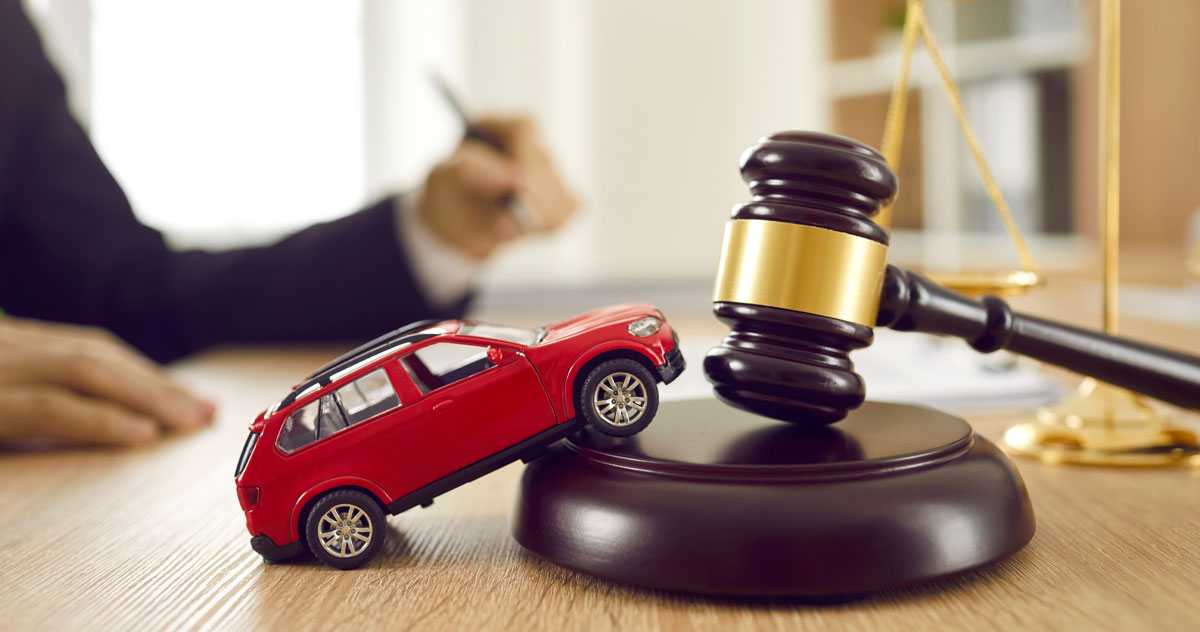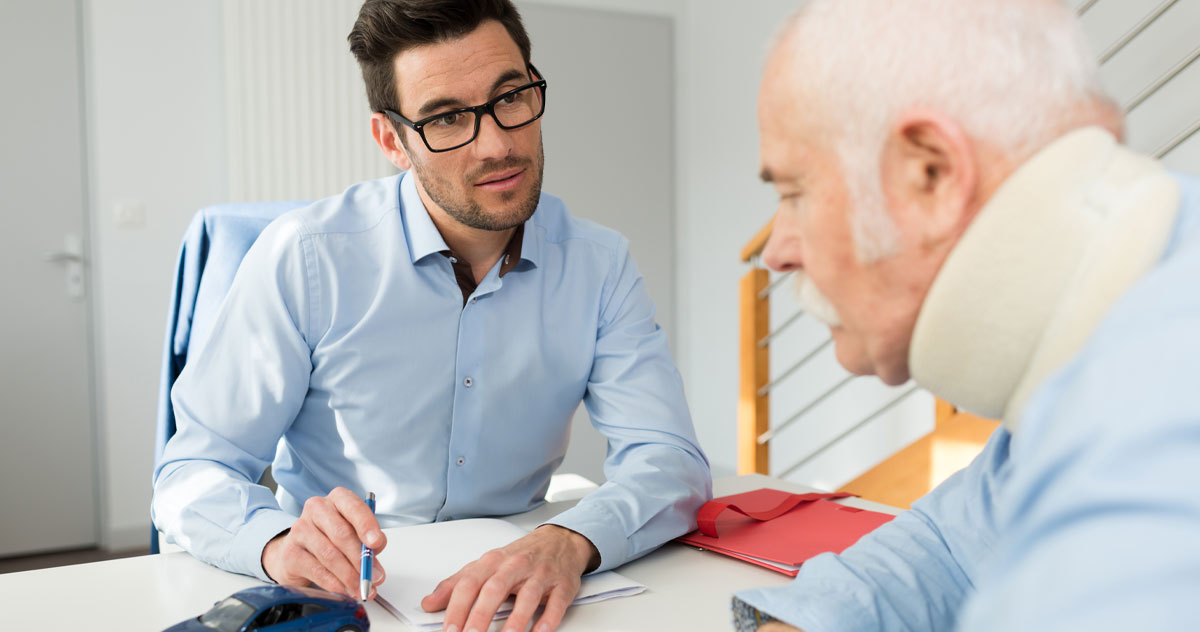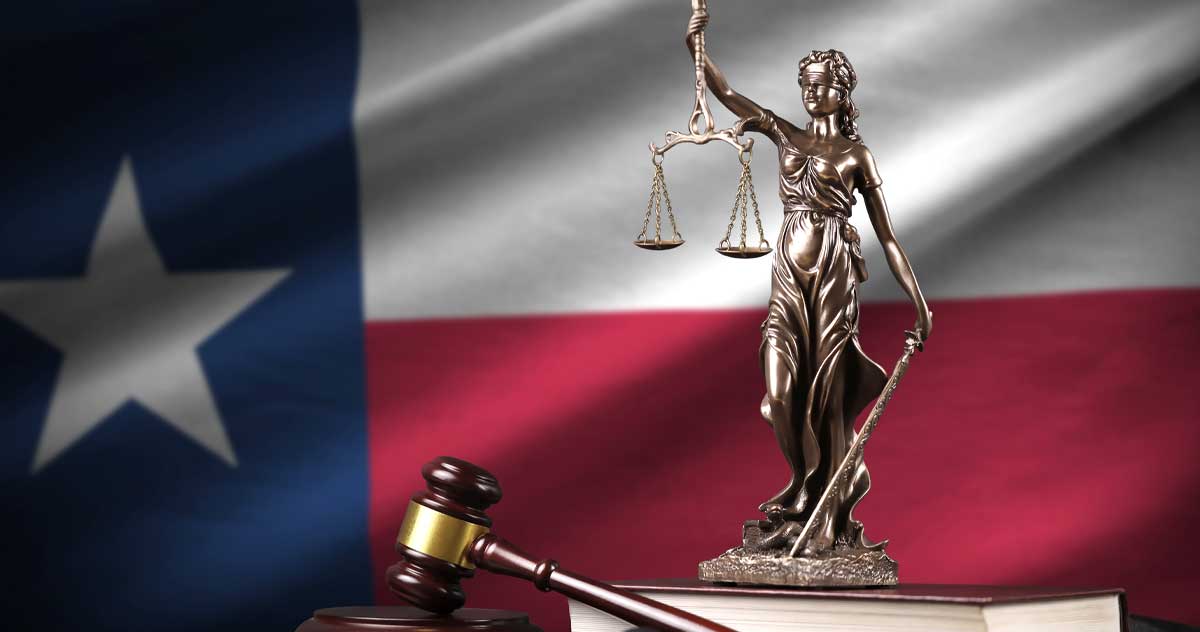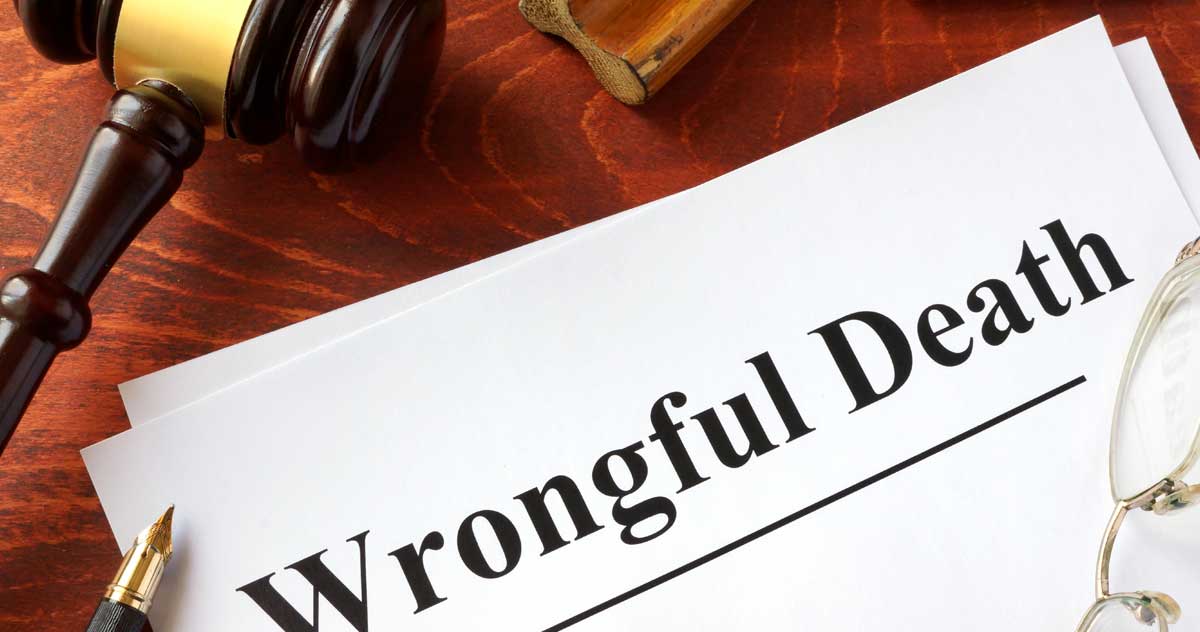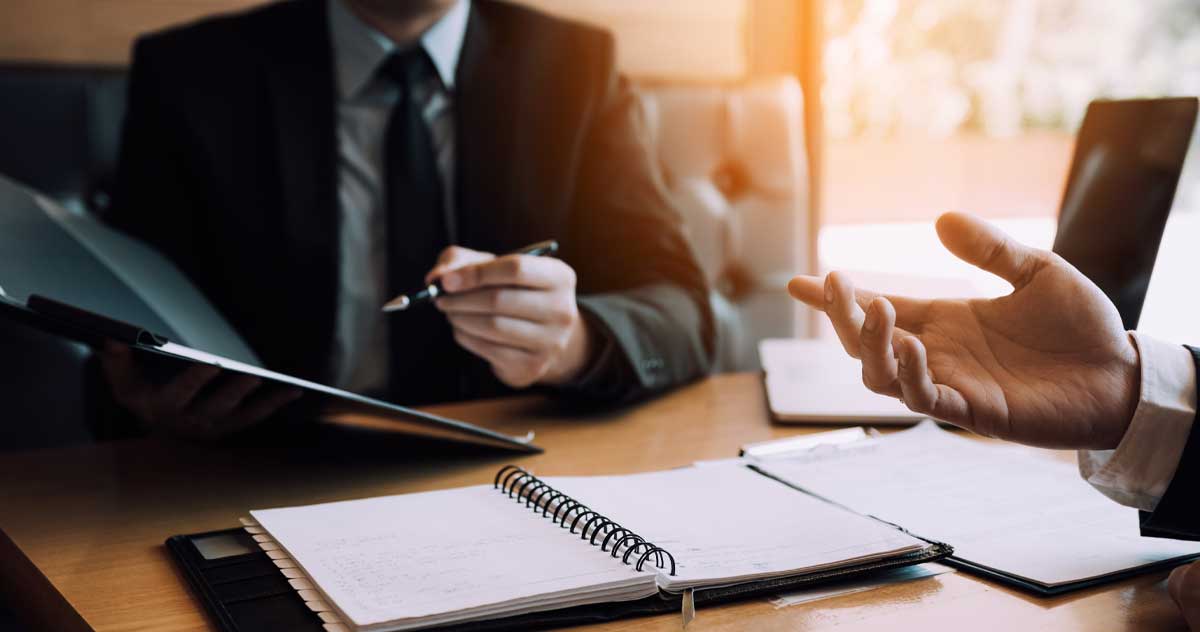Being in a car accident can be scary, stressful, and emotionally taxing. Even minor accidents can leave you feeling shaken up, and more serious crashes often result in injuries and vehicle damage that require medical treatment, car repairs, insurance claims, and more.
It’s important to know what to do after a car accident to protect your health, safety, rights, and finances. Having a plan in place for responding after an accident can make the situation less chaotic. Here’s a step-by-step guide to the essential things you need to do following a car accident.
Check for Injuries
The first priority after any accident is to check for injuries and call for medical assistance if needed. Adrenaline can mask pain after an accident, so even if you don’t immediately notice any injuries, it’s important to be thoroughly examined by a medical professional. Head, neck, back, chest, and abdominal injuries are not always obvious but can be life-threatening.
If anyone involved complains of pain or you notice bleeding, unusual bruising, or trouble breathing, call 911 right away. Don’t try moving an injured person unless they are in immediate danger, such as from oncoming traffic or a fire. Wait for emergency medical services to arrive and properly transport the injured.
For less serious injuries like cuts and bruises, still see a doctor as soon as possible after the accident for an examination and documentation. Symptoms of whiplash, concussions, and other soft tissue or internal injuries sometimes show up hours or days later. Getting prompt medical attention creates an official record of accident-related injuries for your health as well as future insurance and legal needs.
Call the Police
Even for minor accidents with no apparent injuries, you should call the police. Under most state laws, you must contact law enforcement and remain at the accident scene whenever there is any vehicle damage or personal injury. Having a formal police report is crucial for insurance and legal claims later.
The responding officer will take statements from drivers and witnesses, document details like vehicle positions and damage, assign fault if possible, and file an official report. Make sure to get the badge number and contact information of the responding officer as well as their department. Obtaining a copy of the final police report can take some time, so request it as soon as possible.
Exchange Information
When the police arrive at the accident scene, provide them with your name, driver’s license, car insurance and registration information, and current contact details. Also, collect this information from all other drivers involved along with their plate numbers. Having this information is necessary both for the official report and potential legal or insurance actions.
Take Photos & Document Evidence
If it’s safe to do so, take pictures of everything involved in the accident while you wait for the police to arrive. Photograph damage to all vehicles, positions of cars, debris on the road, skid marks, weather conditions, street signs and signals, and anything else relevant. Also, take wider shots showing the whole scene to establish locations. These photos can provide critical evidence if fault for the accident is disputed later.
Write down the names and contact information of any witnesses in addition to notes about what they saw. If you have a dashboard camera, cell phone voice recorder, or other technology that captured audio or video footage of the accident, preserve this evidence. Investigating officers may ask to review it. All documentation will bolster your case.
Get Medical Treatment
Even if you refused an ambulance at the accident scene initially, getting checked out by a doctor right away after a crash is vital. Adrenaline, shock, and delayed pain onset mean some injuries don’t materialize until hours or days later. Having a prompt medical exam creates documentation in your health records connecting any issues to the accident. For minor complaints, visit your primary care physician or an urgent care center. For anything potentially serious, go to the emergency room.
Deal with Your Vehicle
Depending on severity of damage, your car may need to visit a repair shop, get towed to a storage yard for insurance inspection, or be totaled if the insurer declares it a complete loss. If possible, take lots of photos showing damage before your vehicle is removed. Ask the tow truck driver where they are taking it and get documentation for the storage location.
Keep the towing receipt for reimbursement by insurance and don’t sign any releases or approvals for repairs or storage fees before consulting your insurer.
Preserve Other Evidence
In addition to physical damage, keep all paperwork, documentation, medical records, employment details showing lost wages from missed work, and expenses stemming from the accident in a safe place. Jot down specifics while still fresh too –preserve written details about how the crash happened, weather and road conditions, other vehicle movements, and anything else you recall ASAP after the incident.
Consult an Attorney if Necessary
For straightforward accidents with minimal disputed fault and property damage, the insurance claims process usually proceeds fairly smoothly without legal intervention. However, for major injury accidents, incidents with complex liability questions, denial of reasonable compensation by insurers, or a reluctant at-fault driver dodging responsibility, consulting a personal injury attorney can be extremely beneficial.
An experienced vehicle accident lawyer understands the processes and timelines for insurance negotiations and litigation. They can handle communication and documentation needs to bolster your case. While you focus on recovery, a car accident injury lawyer leverages police reports, medical records, witness statements, photo evidence, and applicable laws to demand maximum compensation through settlement or court award if justified. There are often strict deadlines for taking legal action after accidents, so prompt attorney consultation is key.
Notify Your Insurance Provider
Once you have spoken to an attorney, call your car insurance provider to report what happened. There are often very strict notification deadlines, so don’t delay informing them about the incident. Be prepared to provide information like:
- Date, time, specific location and circumstances of the accident
- Other vehicles/drivers involved
- Police report details and case number
- Witness information
- Estimate of damage
This starts the claims process so the insurance company can assign a handler and claims number for your case. Follow up by also submitting a written report with all relevant documentation, including photos. If multiple vehicles are involved, each driver must contact their own insurance company separately.
If you have been involved in a car accident, let the accident injury lawyers at What’s My Case Worth fight for you today.

